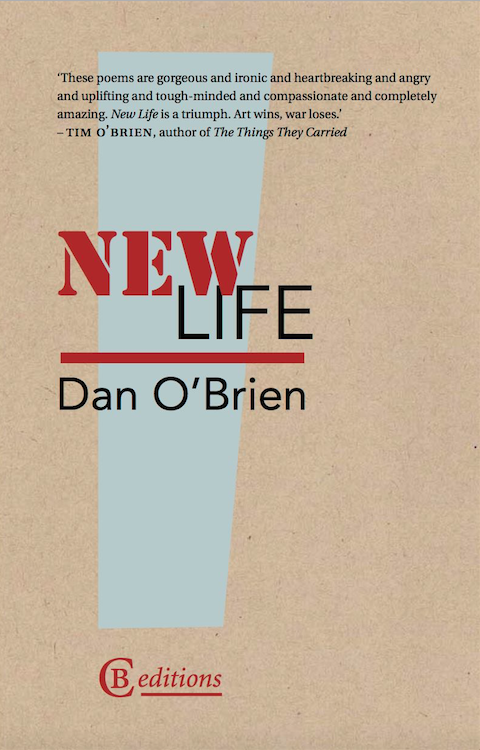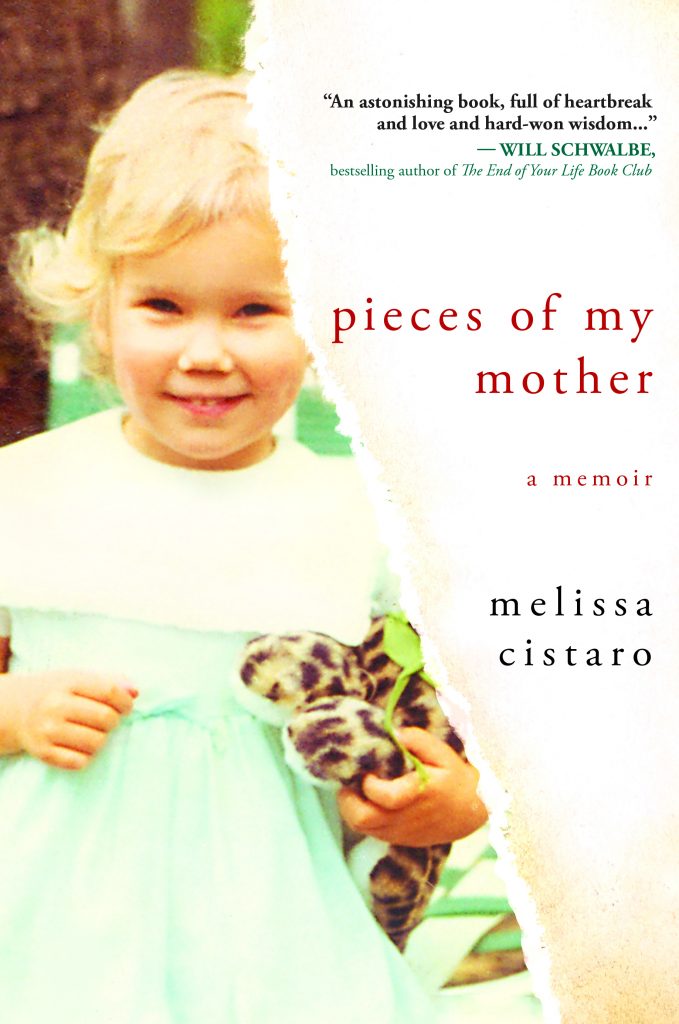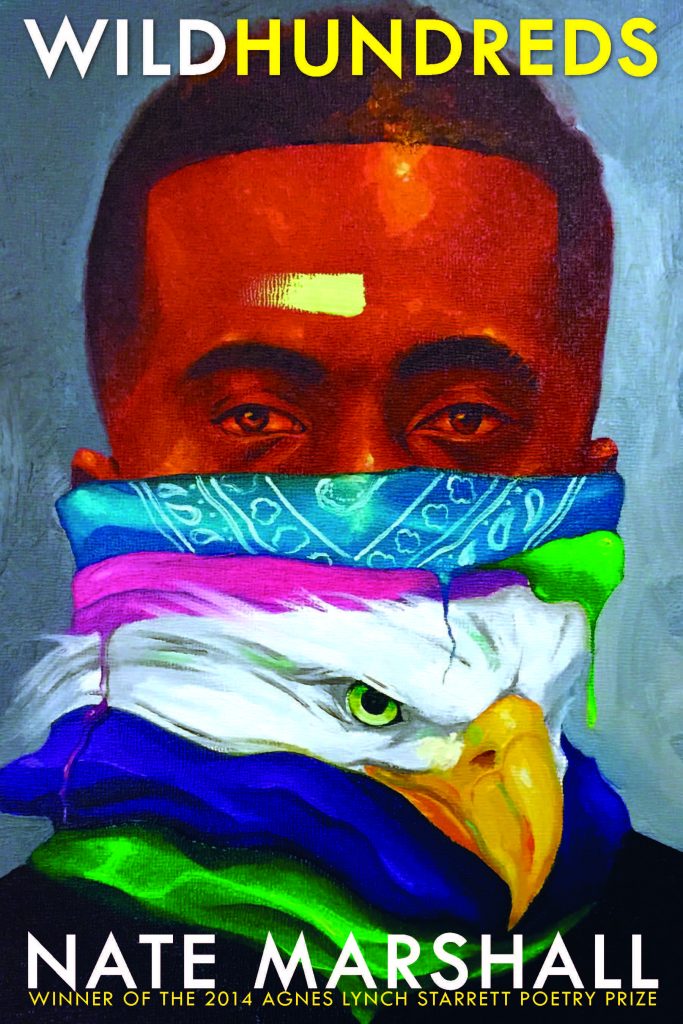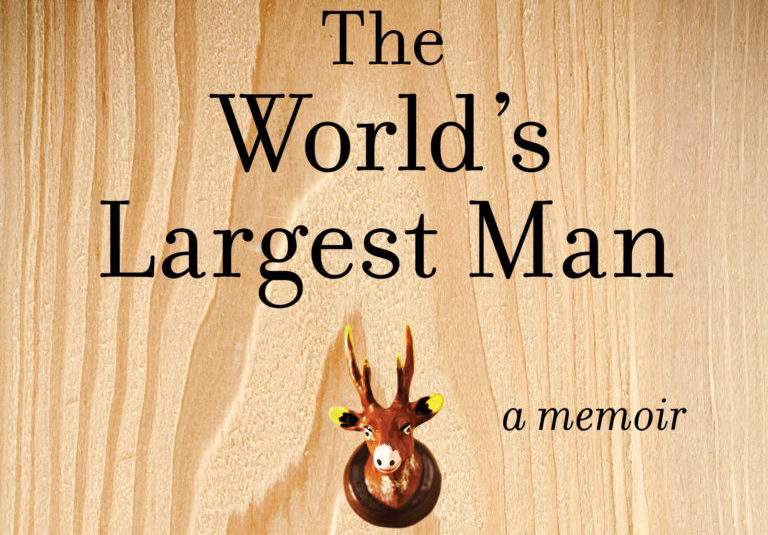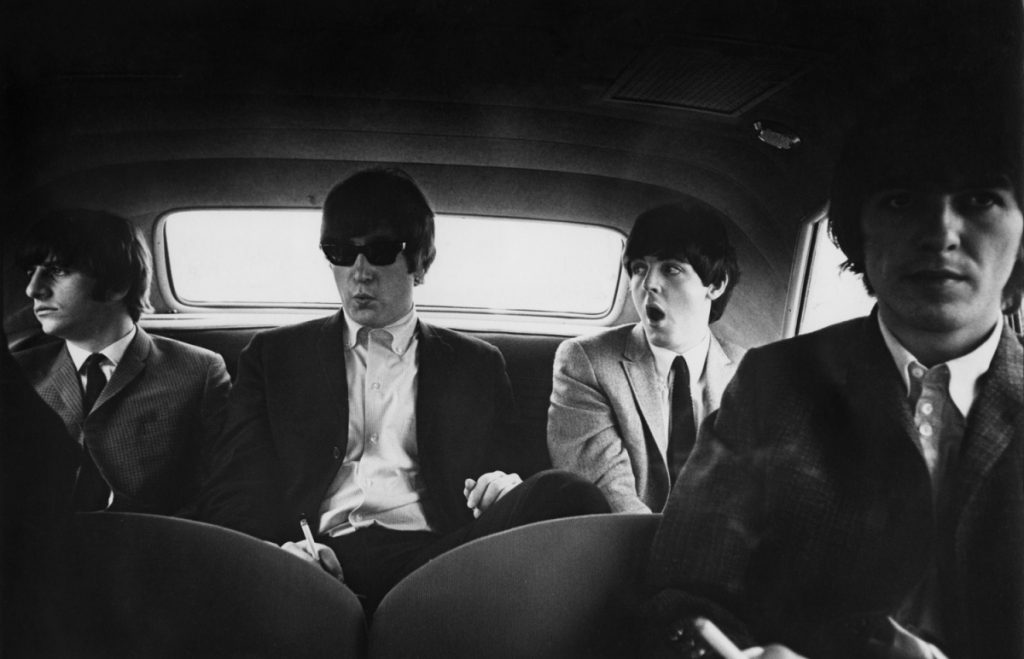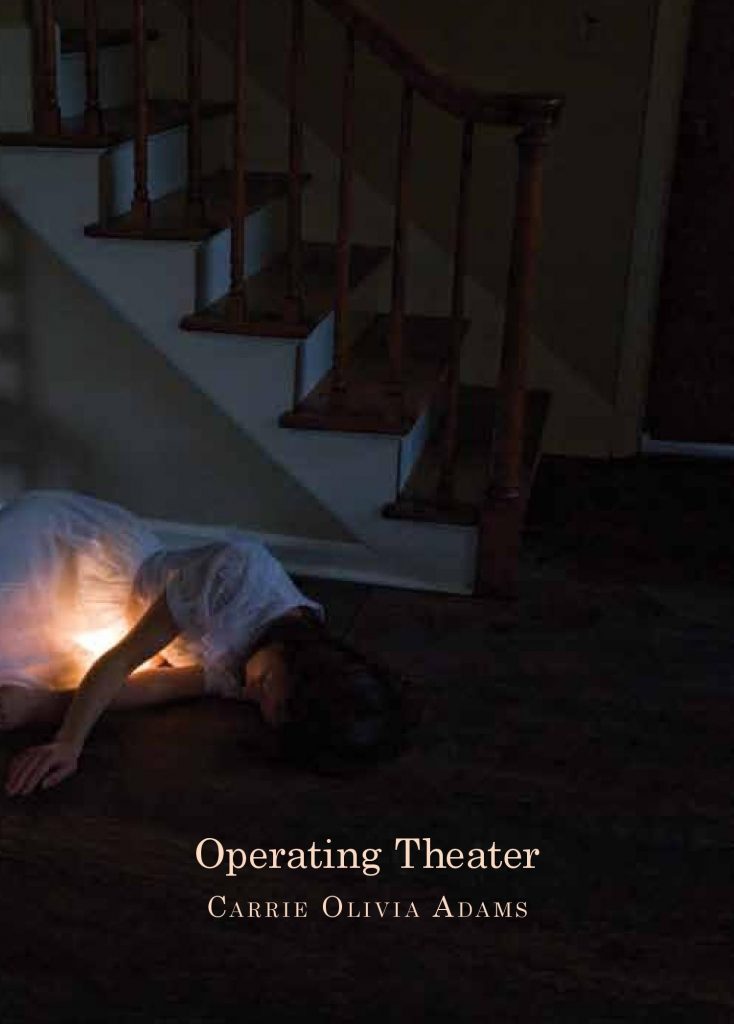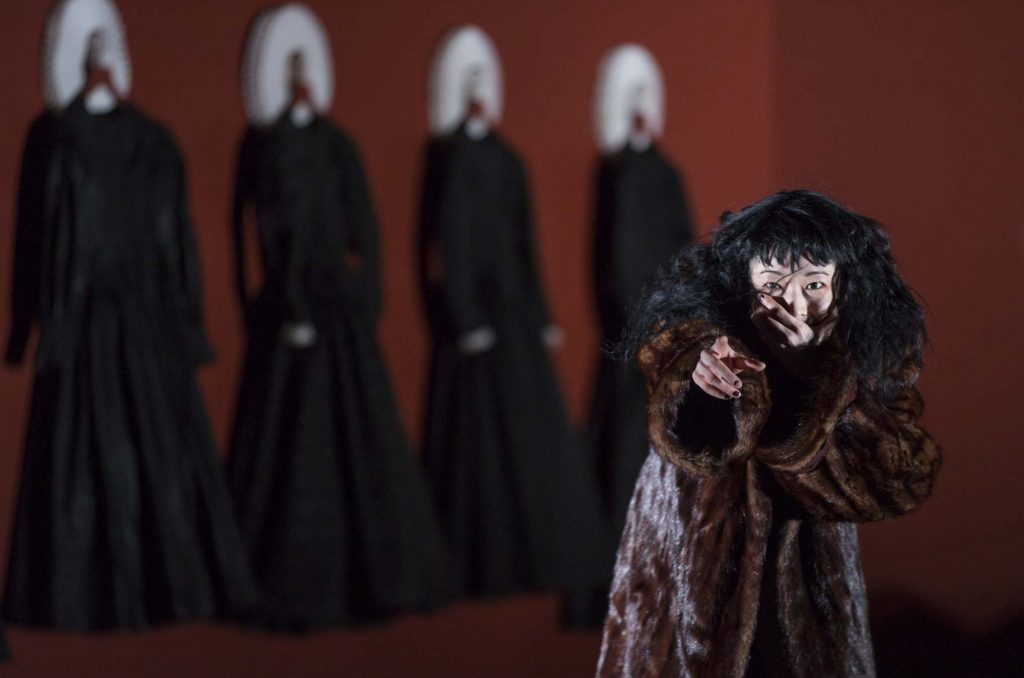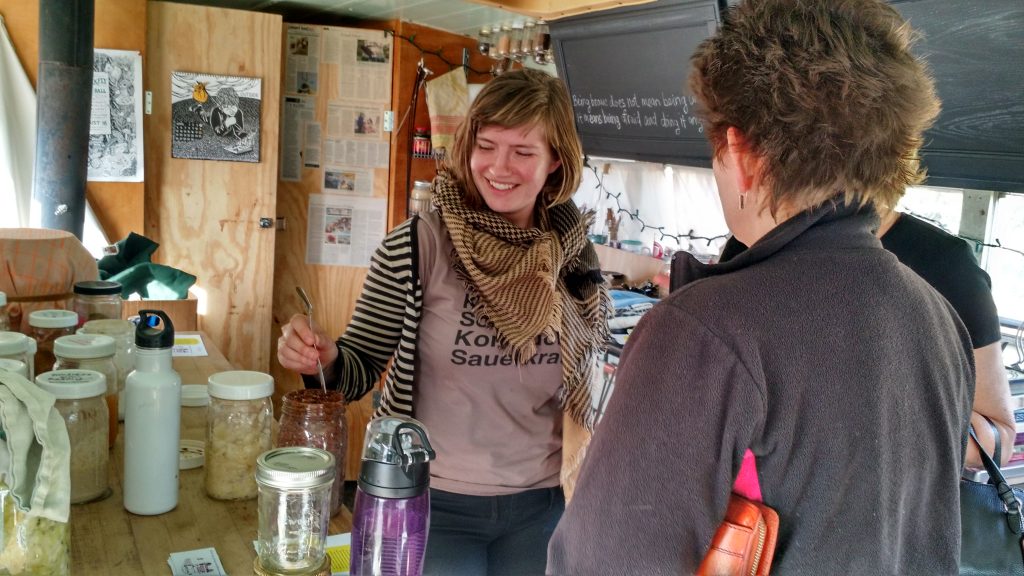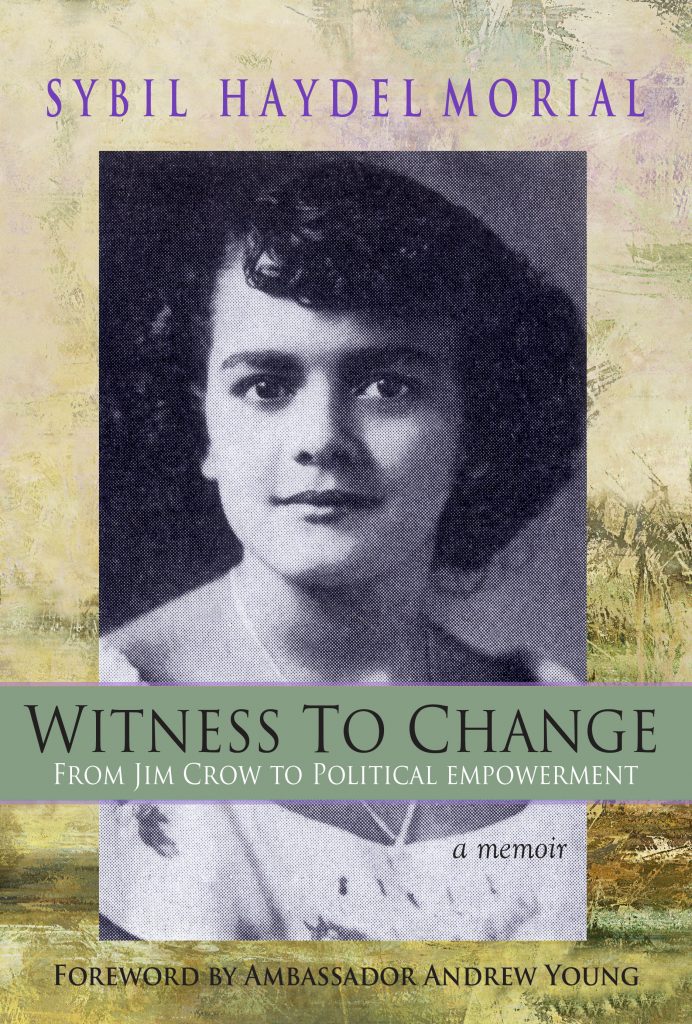On “New Life”: An Interview with Dan O’Brien
“My aim has been to look as squarely as I can, with clear eyes, at the truth of what human beings are capable of doing to each other. This is Paul’s aim too. Denial is a killer, and if we all felt the horror that so many are forced to experience I know there would be less violence in the world. This is a conviction I’ve had about life and about my writing long before I met Paul, though in the past I probably spent most of my time concentrating on stories of emotional violence, often of child abuse. It’s all the same. The weak are exploited and abused by the powerful, and silence, obfuscation, denial is a complicity that must be confronted.”
On “New Life”: An Interview with Dan O’Brien Read More »

